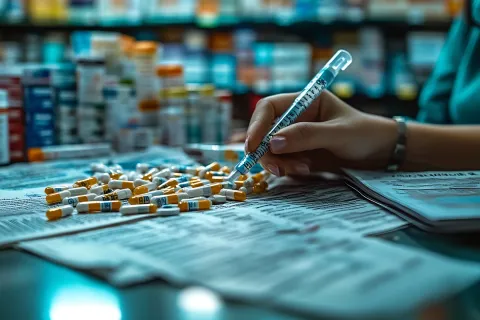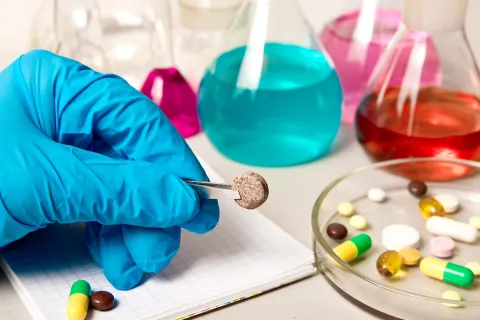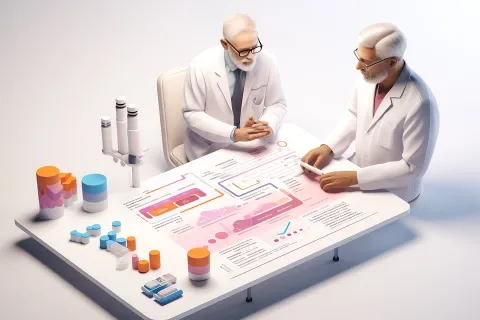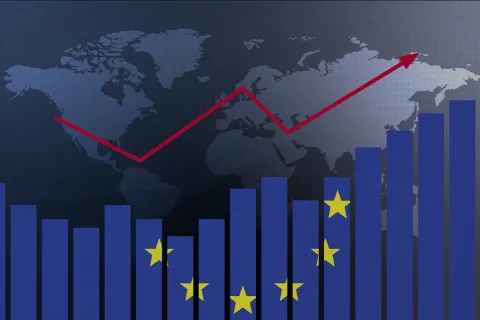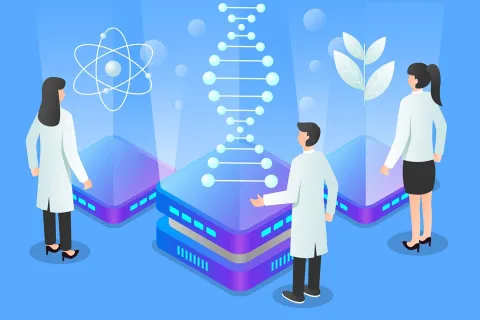South Korea, the 11th largest economy in the world, is a hub for talent and skilled labor. The Korean healthcare infrastructure and strategy took the world by surprise in the early COVID-19 times. They curated an ideal model for testing and isolating early suspects for containing the viral outbreak. The Korean drugmakers did not waste time either; they quickly started creating their vaccines to combat the pandemic.
The Korean healthcare and drug infrastructure is an effective result of innovation that has led the country’s drug industry to project itself as one of the biggest pharma biotech hubs in the world. Soonmahn Park, the Chief Representative of the Korea Health Industry Development Institute (KHIDI), U.S. Office, said that “since 2013, the Korean government has established and is promoting a comprehensive five (05)-year plan because they have recognized the pharmaceutical industry as a future growth engine.”
Under the plan announced by the Ministry of ICT and Science, South Korea aims to expand its presence in the global bio market from its current share of 1.7% to 5% by 2025. With a goal of manufacturing hundred (100) new drugs by 2026, the Korean government has placed a bid on the global biotech market by injecting 500 billion won (US$448 million) into the project.
How Will Korea Do This?
Officials say that the Korean government is set to increase its biotech and drug market by implementing global standards, positive Regulatory policies, and an increased and sustained investment.
What is the Regulatory Backup Here?
To support the modernization of biopharma, the “Advanced Regenerative Bio Act” was implemented in 2020. Streamlined and comprehensive regulations have boosted the industry.
“The Act is a law that relaxes screening criteria if certain requirements are met when researching regenerative medicine,” Park said. ’Priority screening’ [was created] to first review innovative biopharmaceuticals for diseases without a treatment, [and] ‘customized screening’ [is to] conduct preliminary screening by receiving approval data in advance, according to the schedule of the developer.” Also, under “Conditional Authorization,” companies are allowed to market their product in phase 2 of development, with the condition of conducting phase 3 clinical trials.
Controllers have likewise made progress in smoothing out the cycle for launching a clinical trial in Korea. As per Navitech, a worldwide contract research association, the Ministry of Food and Drug Safety (MFDS) has laid out an objective of answering trial applications within thirty (30) days of submission. The move has helped shrink the average timeframe for starting a clinical trial in Korea to about one hundred and fifty-two (152) days, compared to a global average of about two hundred and forty (240) days.
Korean investments in the drug market are paved by the backing of Regulatory innovation. It is important for pharma manufacturers in Korea to take strides in the Regulatory framework of their company beforehand.
Our team of seasoned experts, with an in-depth knowledge of the dynamic South Korean Regulatory landscape, will assist you through the entire compliance procedures. We will help you design a strategic plan for your market entry with our proficiency. To know more about how Freyr can help you with the MFDS regulations and compliance best practices, click here: https://www.freyrsolutions.co.kr/.


